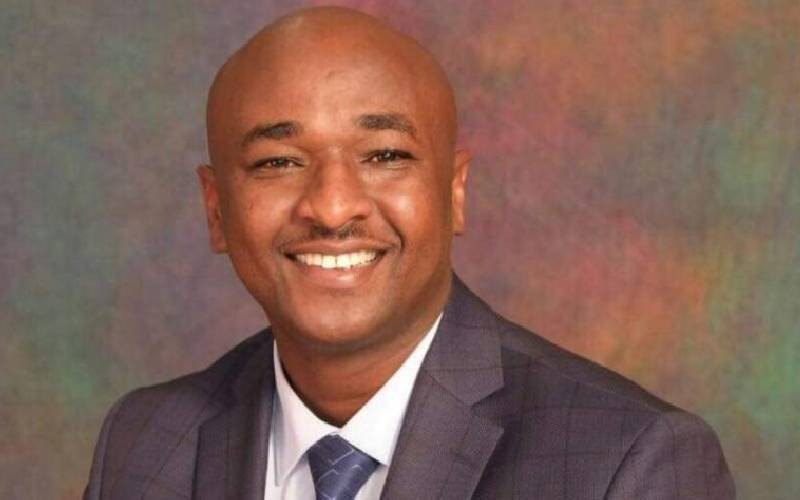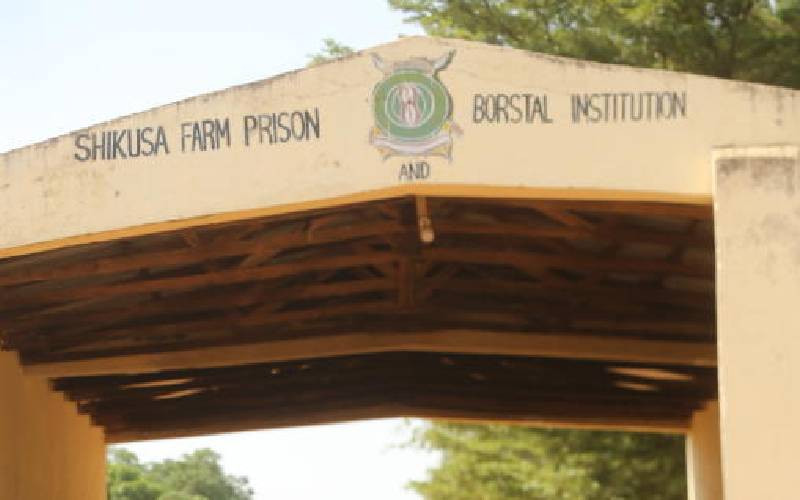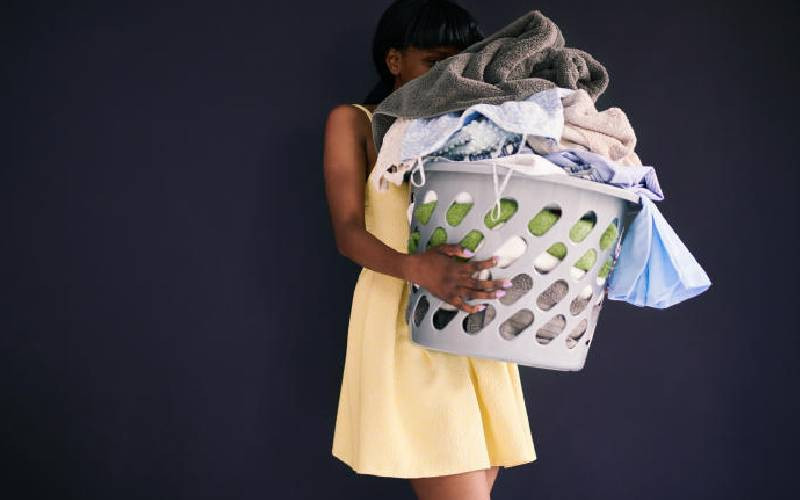A woman who deliberately poisoned a toddler with insulin while the youngster was in hospital has been jailed in her absence.
Amal Asiri repeatedly injected the child with the medication at Evelina Children's Hospital in London, a court heard.
The 29-year-old and her husband Mohammed Asiri, 38, were last seen by staff at the Saudi Arabian Embassy on September 27 and failed to turn up for trial at the Old Bailey three days later.
Police officers went to their home in Kensington, southwest London, entered the flat and found a Global Travel Invoice in bin with a 'Do not disturb' sign on the front door.
The Saudi Arabian Embassy was contacted but officials told investigators they had made no application to travel.
The couple's defence had been paid for by the Saudi authorities.
Judge Mark Lucraft, QC, issued a warrant for their arrest on September 30 but it emerged their luggage had been marked for delivery to the Middle East.
Sentencing Amal Asiri in her absence on Monday the judge said: "The protracted periods in hospital and procedures restricted the victim's movements and harmed the quality of life.
"The consequence of the administration of insulin was that the victim had undergone multiple blood tests both here and abroad.
"The victim had been flown to the United Kingdom on a private plane staffed with medical professionals.
"The large doses of insulin and the severity of the hypoglycaemia were a severe risk to the victim's health.
"On the many occasions the victim's blood sugar levels was tested it was found to be dangerously low.
"Numerous interventions were necessary to stabilise the blood sugar levels.
"It is a matter of great concern that the whereabouts of Mrs Asiri remain unknown.
"It is also of great concern that, despite numerous requests, the victim's current state of health is unknown to the court.
Stay informed. Subscribe to our newsletter
"Despite numerous requests to the Saudi Arabian Embassy from the prosecution, the victim's medical records have not been disclosed.
"Both Mrs Asiri and Mr Asiri had been on bail pending their trial.
"The conditions of bail were that they surrendered their passports and they were not to apply for any international travel documents.
"They were living in accommodation where their rent was settled by the Saudi Arabian embassy.
"They were also in receipt of a weekly allowance from the Embassy for their living expenses."
On one occasion glucose had to be administered three times, to save the youngster, which was unprecedented in an expert's 30-year experience.
Mr Asiri was seen on CCTV carrying four suitcases out of the flat and handing them to a courier booked by Global Travel on 23 September.
Amal was convicted of administering a poison or noxious substance so as to endanger life and a further charge of child cruelty by 'wilfully ill-treating the child in a manner likely to cause unnecessary suffering'.
Mohammed was cleared of the child cruelty charge.
The youngster had been flown to London from overseas in a private air ambulance to be treated for ongoing feeding problems, the court heard.
Doctors managed to provide food through a drip until the child reached a stable condition and was flown home on September 6, 2017.
But the child was returned to the Savannah ward at the Evelina Hospital on February 13, 2018.
Over the next four weeks the youngster was repeatedly injected with insulin.
Alarmed by the child's plummeting blood sugar levels, doctors discovered the cause to be insulin injection despite the child not being diabetic or having any need for the drug.
"The effect of the insulin was to reduce her blood sugar levels to dangerously low levels," said Sarah Whitehouse QC, prosecuting.
"If a person stops eating for any length of time their blood sugar levels become very low."
Ms Whitehouse said the couple 'had access to insulin, they knew how and when to use it, and they knew what its effects were.'
She said evidence ruled out a 'rogue nurse' behind the poisoning as different nurses were working rotational shifts on the ward.
"If left untreated the person may become unconscious or suffer fits," she added.
"If really prolonged and severe then permanent brain damage or death can occur."
Dr Helen Mundy became suspicious of the 'erratic' fluctuations in blood sugar and sent samples to be tested after a series of hypoglycemic attacks.
Police searched the hospital bed followed by the couple's apartment after they were arrested on March 9, 2018.
Officers uncovered a black handbag stuffed with insulin needles with the child's DNA on the tip of one.
Four boxes of insulin pens were then found hidden in the fridge at their flat.
The pair denied any wrongdoing in police interviews and Mrs Asiri claimed she had simply forgotten to empty her bag of the needles.
Mr Asiri admitted he understood how insulin impacted blood sugar but claimed a nurse was responsible for the dangerous injections.
"He said that he understood how dangerous it was when blood sugars dropped but he had not interfered with the child's condition," said Ms Whitehouse.
Mrs Asiri, formerly of Collingham Road, Kensington, denied but was convicted of one charge of cruelty to a person under the age of 16 while her husband was cleared of the charge.
Amal Asiri alone also denied but was convicted of administering a poison or noxious substance to a child, so as to endanger life.
She was jailed in her absence for four and a half years on both counts concurrently.
 The Standard Group Plc is a
multi-media organization with investments in media platforms spanning newspaper
print operations, television, radio broadcasting, digital and online services. The
Standard Group is recognized as a leading multi-media house in Kenya with a key
influence in matters of national and international interest.
The Standard Group Plc is a
multi-media organization with investments in media platforms spanning newspaper
print operations, television, radio broadcasting, digital and online services. The
Standard Group is recognized as a leading multi-media house in Kenya with a key
influence in matters of national and international interest.
 The Standard Group Plc is a
multi-media organization with investments in media platforms spanning newspaper
print operations, television, radio broadcasting, digital and online services. The
Standard Group is recognized as a leading multi-media house in Kenya with a key
influence in matters of national and international interest.
The Standard Group Plc is a
multi-media organization with investments in media platforms spanning newspaper
print operations, television, radio broadcasting, digital and online services. The
Standard Group is recognized as a leading multi-media house in Kenya with a key
influence in matters of national and international interest.









